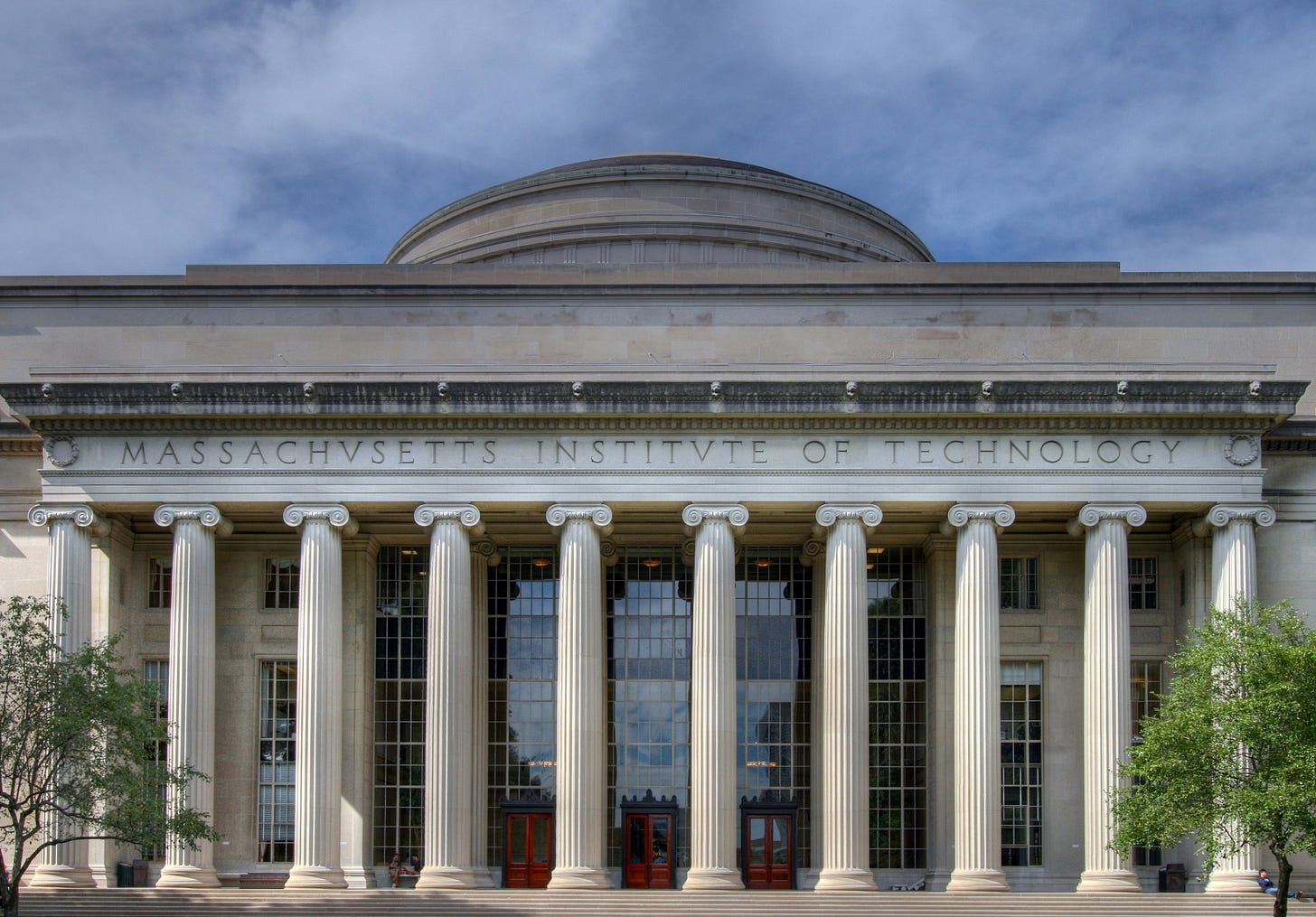Elite Schools Like MIT Are Hardly Free Markets for Ideas
The school’s president rejected the Trump administration’s “compact” to receive funding preferences in exchange for committing to basic goals.
Earlier this month, the White House announced a “compact” under which universities would receive funding preferences in exchange for committing to basic educational goals. The compact represents the Trump administration’s most concrete plan yet for ensuring academic excellence and reversing the process of ideological capture in the universities. It buil…



